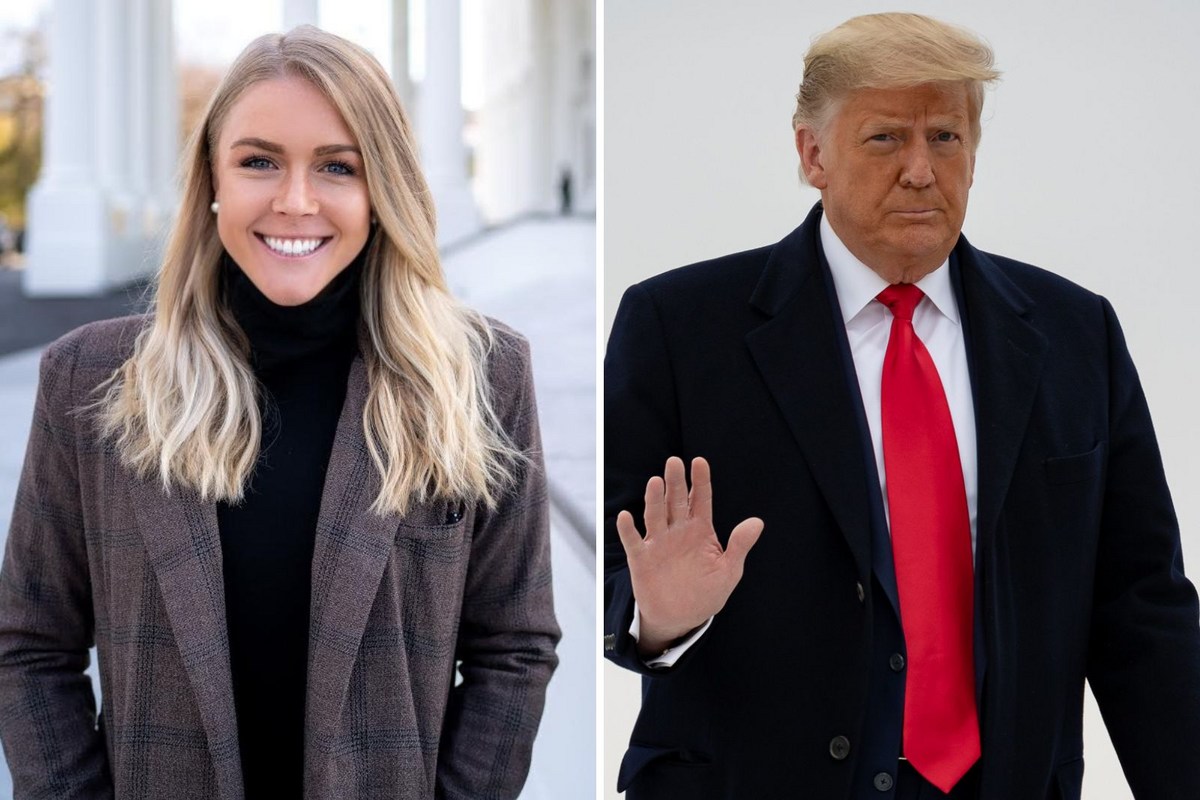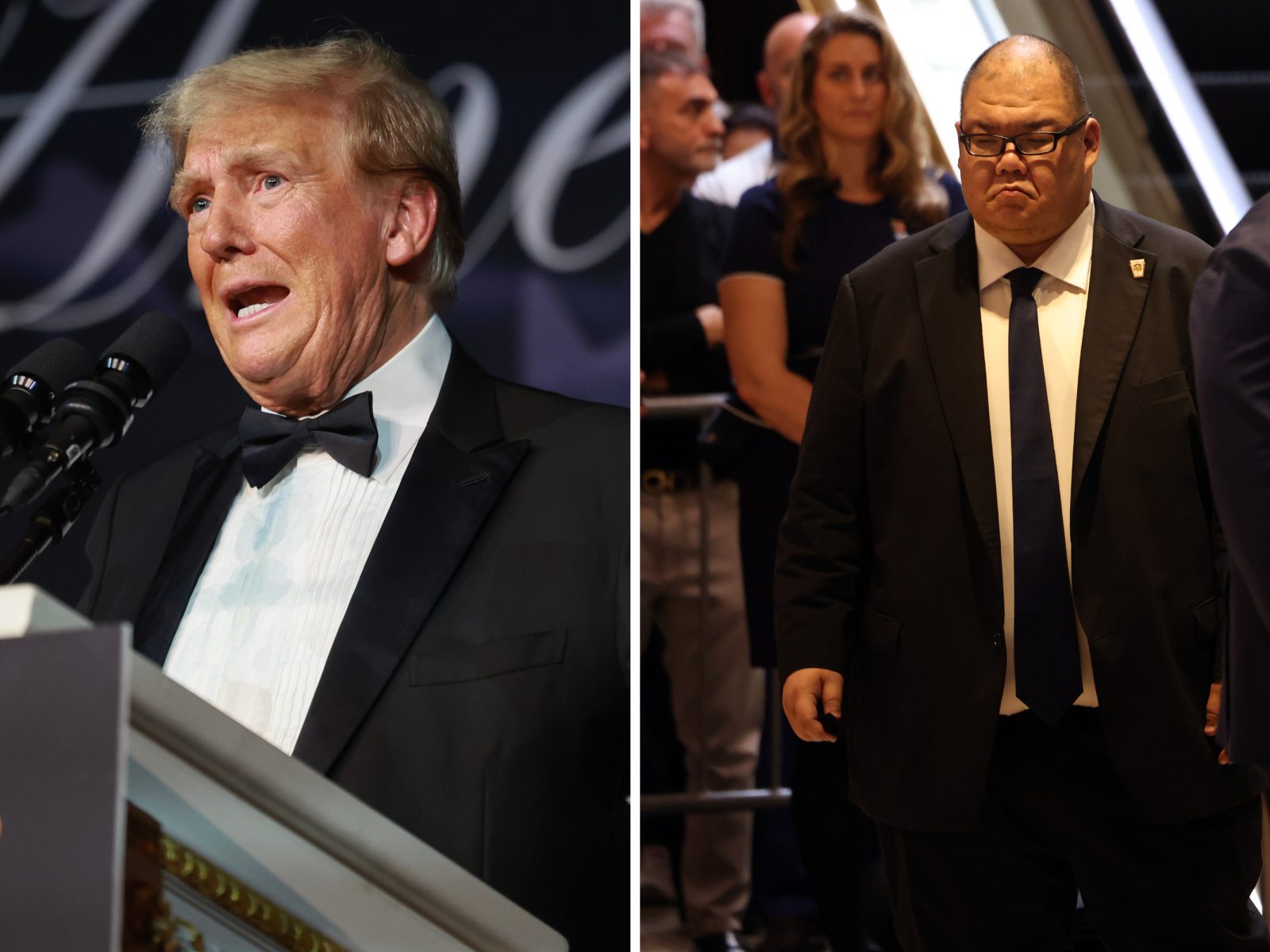When Mareena Robinson Snowden walked across the commencement stage at Massachusetts Institute of Technology (M.I.T.) on June 8th, she became the first black woman to earn a Ph.D. in nuclear engineering from the storied university.
For her, there was one particular word that the experience brought to mind: grateful.
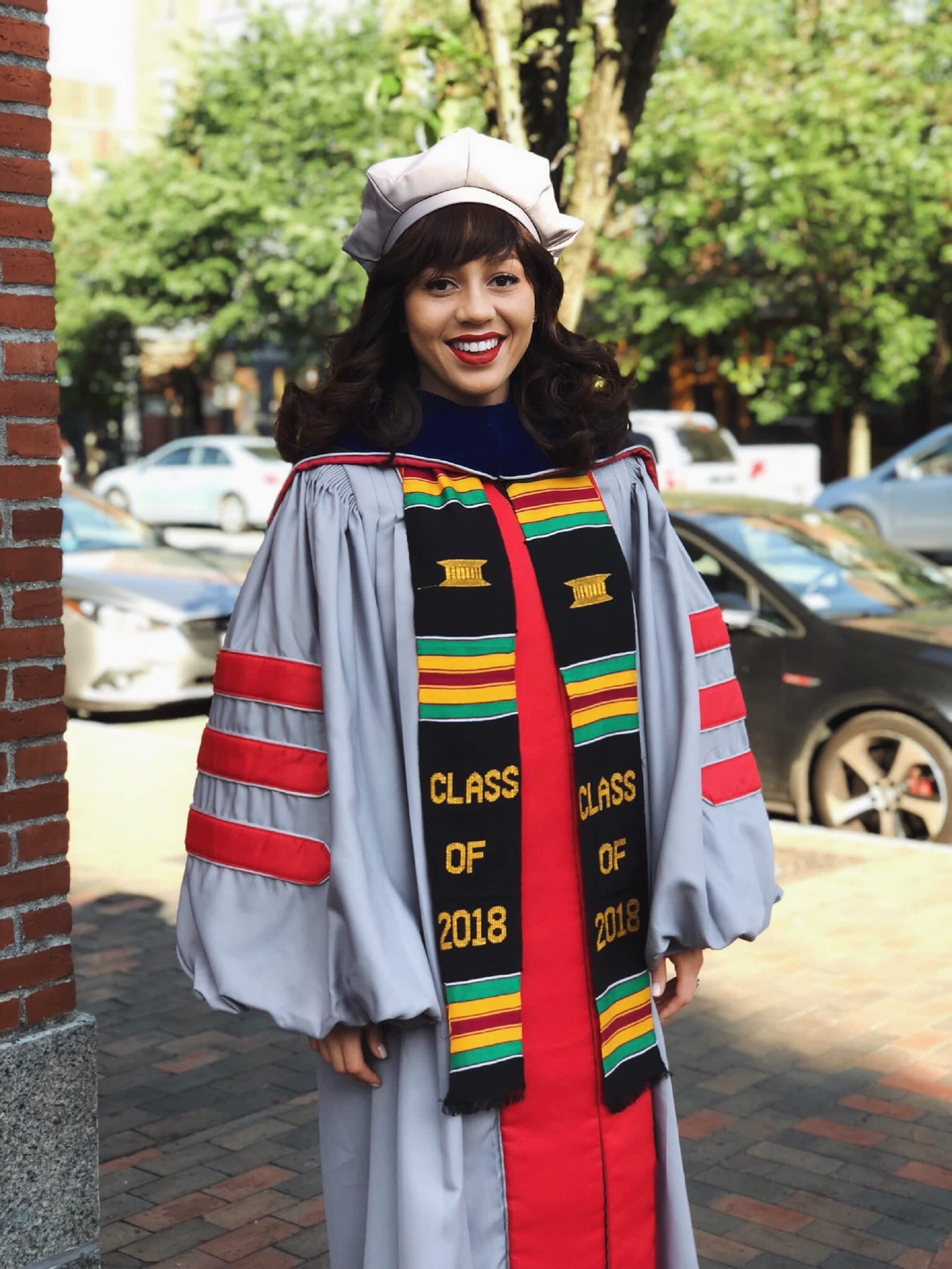
“Grateful for every part of this experience — highs and lows,” she wrote on Instagram. “Every person who supported me and those who didn’t. Grateful for a praying family, a husband who took on this challenge as his own, sisters who reminded me at every stage how powerful I am, friends who inspired me to fight harder. Grateful for the professors who fought for and against me. Every experience on this journey was necessary, and I’m better for it.”
Snowden’s Ph.D. was the culmination of 11 years of post-secondary study. But the 30-year-old tells CNBC Make It that a career in STEM wasn’t something she dreamed of as a 𝘤𝘩𝘪𝘭𝘥.
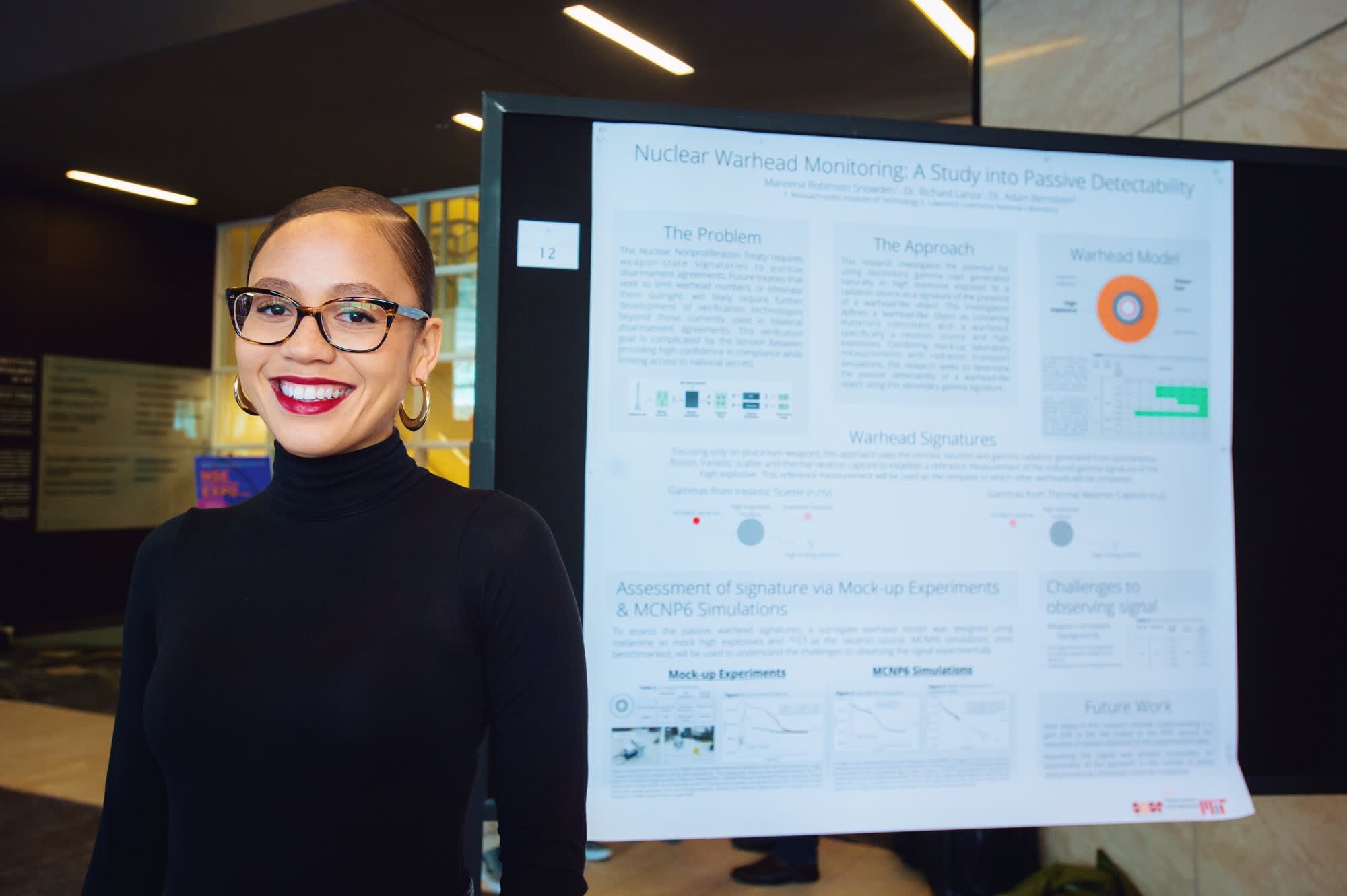
“Engineering definitely was not something I had a passion for at a young age,” she says. “I was quite the opposite. I think my earliest memories of math and science were definitely one of like nervousness and anxiety and just kind of an overall fear of the subject.”
She credits her high school math and physics teachers with helping to expand her interests beyond English and history, subjects she loved.
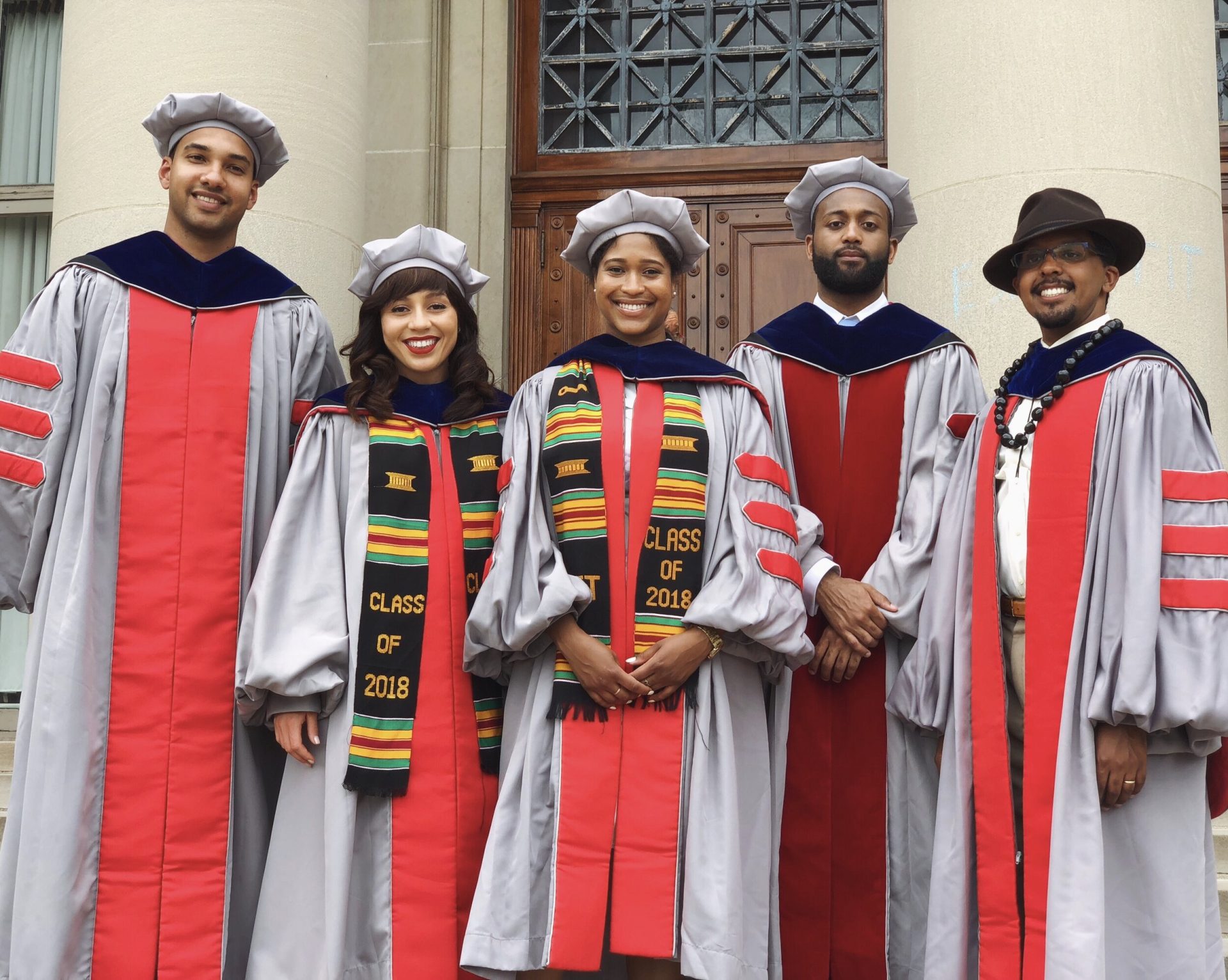
“I had this idea that I wasn’t good at math and they kind of helped to peel away that mindset,” she explains. “They showed me that it’s more of a growth situation, that you can develop an aptitude for this and you can develop a s𝓀𝒾𝓁𝓁. It’s just like a muscle, and you have to work for it.”
When Snowden, who grew up in Miami, was in the 12th grade and studying physics, she and her dad were introduced to a friend of a friend who worked in the physics department at Florida A&M University. At the time, she says, she was considering colleges and decided to make a visit to the campus.
“We drove up there and it was amazing,” says Snowden. “They treated me like a football player who was getting recruited. They took me to the scholarship office, and they didn’t know anything about me at the time. All they knew was that I was a student who was open to the possibility of majoring in physics.”

In 2015, just over 2 percent of bachelor degrees in physics were earned by African-Americans, according to the American Physical Society. Many students are deeply intimidated by physics, and Snowden says she understood why the university took a liking to her. She made a deal with her dad that she would at least give physics a try, and if she hated it she could change her major.
But she didn’t need to explore that option. During her undergraduate years, she participated in M.I.T.‘s summer research program and was introduced to nuclear engineering. She decided to pursue graduate study, applied to eight schools and was accepted by one — M.I.T.’s nuclear engineering program.
“You know, you take a risk, you put yourself out there and sometimes you get a hit — and you only need one hit,” she says. “You don’t have to get into every school. You just have to get into the one that you’re supposed to be at.”
She enrolled at M.I.T. in 2011, and, according to her advisor, quickly made her mark.
“Mareena was one of the best students I have had in more than four decades of teaching and research at M.I.T.,” senior research scientist Dr. Richard Lanza tells CNBC Make It. “Mareena has that rare combination of passion, enthusiasm and technical and policy expertise, which drove her interest in finding a solution for nuclear arms control.”
Snowden says it took some time to adjust to life at M.I.T. — where she was often the only black person or woman in her nuclear engineering classes — having come from a historically black college. She joined several affinity groups for minority students and surrounded herself with images of women who’d made strides in STEM before her.
“I had a picture of Katherine Johnson on my wall right after ‘Hidden Figures’ came out, because she was a model for me,” says Snowden. “People ask me all the time, ‘Who’s your role model?’ and you know, you pick and choose from different places. And it was like now, I have a tangible woman. I have Katherine Johnson, who was a mathematician and a black woman 𝓀𝒾𝓁𝓁ing it.”
After finishing her program at M.I.T., Snowden completed a fellowship with the National Nuclear Security Administration. This month, she started a new position at the Carnegie Endowment for International Peace, where she says she will be focused on nuclear security, including policy research and writing about nuclear weapons.
She hopes her accomplishments will inspire other young people to confidently pursue careers in fields in which they might be a minority.
“When you go into these spaces, whether its M.I.T., or Google or Apple, you don’t change yourself for the institution. The institution needs to change for you,” she says. “They need to grow because you’re there, and if you don’t bring your full self to the table, then they don’t have the opportunity to improve.”



